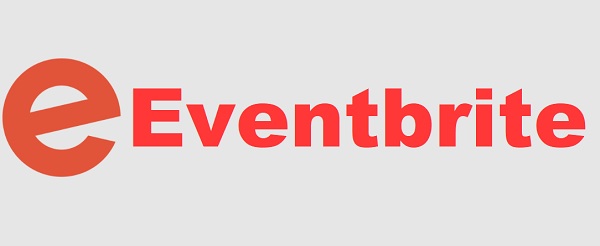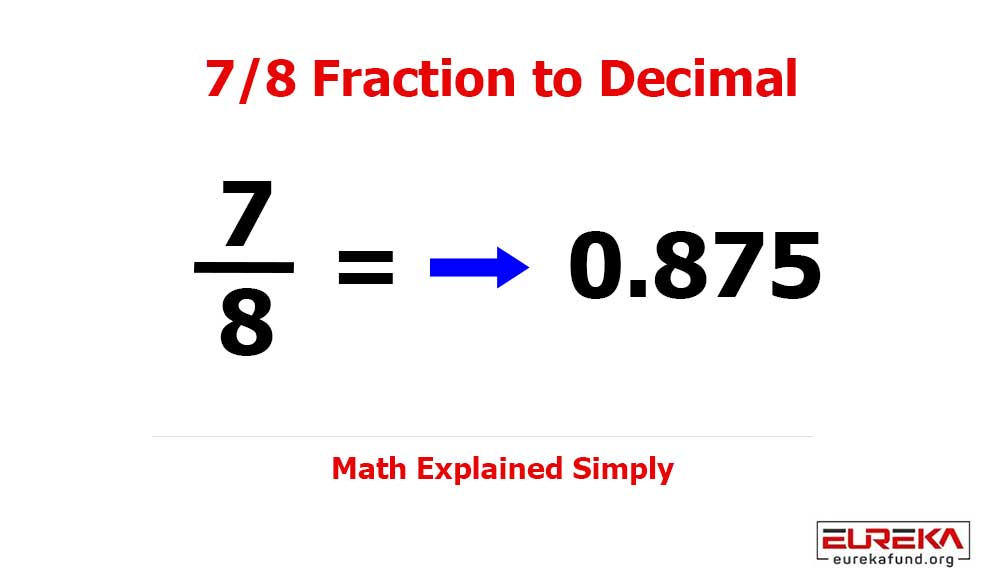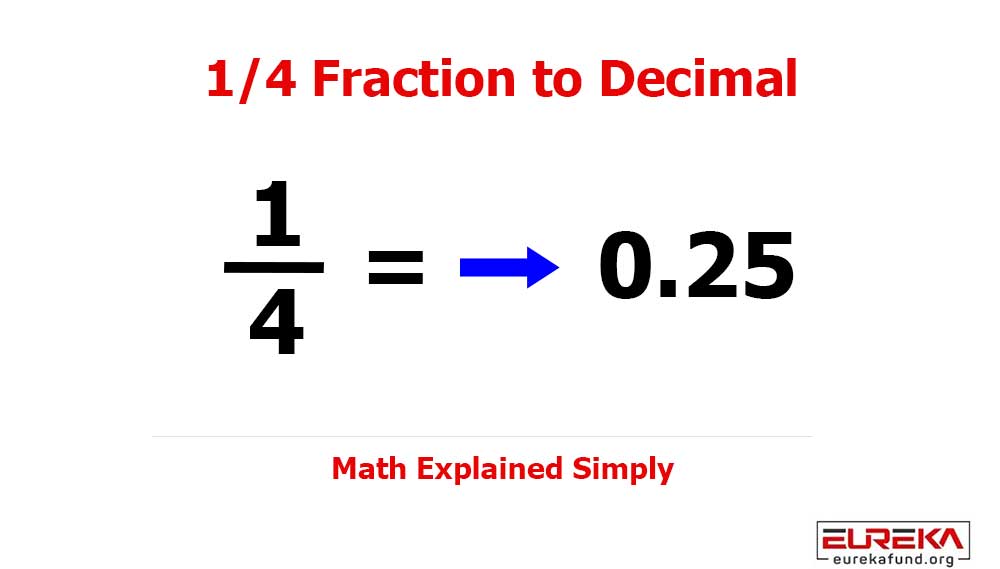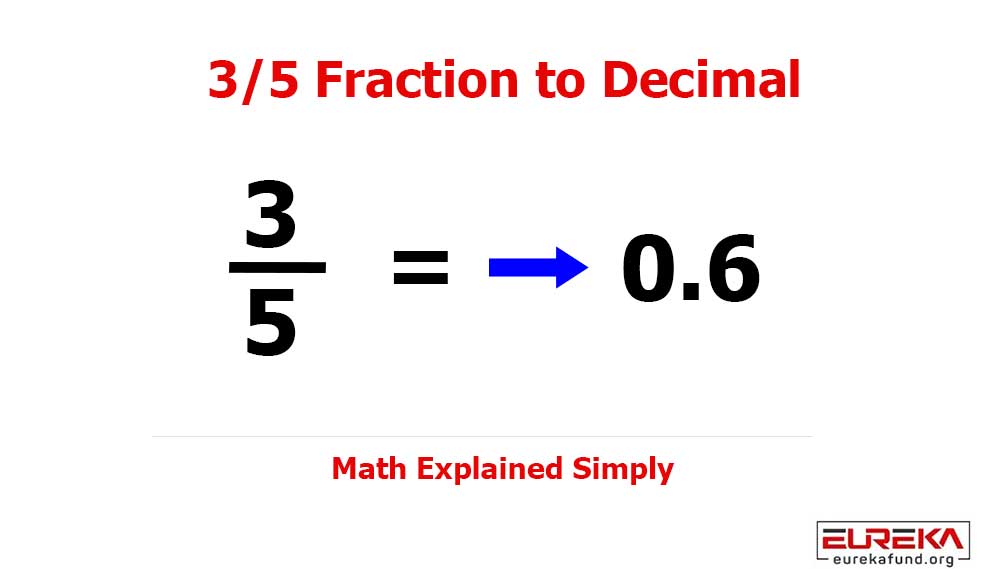Eventbrite has become one of the go-to platforms for event organizers and attendees alike. Founded in 2006, the company provides a comprehensive solution for creating, managing, promoting and selling tickets to events of all sizes. From small community gatherings to large conferences and festivals, Eventbrite powers millions of events worldwide. But how exactly does this popular online event management and ticketing service generate revenue?
In this article, we’ll take a close look at Eventbrite’s business model and the key ways the company monetizes its platform and services. We’ll examine the fees, Eventbrite charges, event organizers, and attendees for using its platform as well as other revenue streams.
What is Eventbrite?
Eventbrite is an online platform that allows people to discover, create, and register for events. It provides event organizers with tools to manage ticket sales, promote events, and collect payments. Users can browse upcoming events in their area, purchase tickets, and manage their registrations. Eventbrite offers everything from small community gatherings to large festivals and marathons. The site makes event ticketing and registration easy for both event creators and attendees. Whether you want to find something fun to do in your city or manage registrations for your own event, Eventbrite brings people together through shared experiences. Its self-service model empowers anyone to create, share, and sell tickets to their events.
Who Owns Eventbrite?
Eventbrite was founded in 2006 by three co-founders – Kevin Hartz, Julia Hartz, and Renaud Visage. Of the three co-founders, Kevin Hartz serves as the Executive Chairman of the company while Julia Hartz is the Chief Executive Officer. The company is still led and majority owned by its founders. Kevin and Julia Hartz are husband and wife and maintain an ownership stake and voting control over the company. Eventbrite remains founder-led to this day under their leadership as Chairman and CEO.
How Does Eventbrite Work?
Eventbrite functions as a platform facilitating the connection between event organizers and ticket buyers, akin to an e-commerce site tailored specifically for events. It offers a suite of tools aimed at streamlining the process of event management and ticket sales.
At its core, Eventbrite allows businesses or individuals to create events complete with ticketing options. Attendees can then browse through these events and purchase tickets for those that interest them.
For paid events, Eventbrite levies a non-refundable fee on every ticket sold. This fee typically ranges from 2% to 3.5% of the ticket price, in addition to a small fixed amount per ticket. This revenue model enables Eventbrite to assist event creators in increasing their attendance and fostering community engagement.
Crucially, Eventbrite does not charge any fees for events that are free to attend. This approach encourages event organizers to utilize the platform for both paid and free events, fostering a diverse range of offerings for attendees.
How Does Eventbrite Make Money?
Eventbrite generates revenue through a complicated approach centered on its core service of ticket sales. Here’s a breakdown of it:
Ticket Fees
Eventbrite charges a fee on each ticket sold through their platform. This is usually a percentage of the ticket price (around 2.5%) plus a small fixed fee per ticket. These ticket fees make up the majority of Eventbrite’s revenue.
Service Fees
In addition to ticket fees, Eventbrite charges a service fee to event organizers to use their platform and services. This fee covers things like payment processing, event promotion, and customer support. Service fees are typically around 2.5% of the total event registration amount.
Additional Fees
Eventbrite charges additional per-ticket fees for using certain platform features like reserved seating, custom registration, and more. These extra fees allow Eventbrite to generate more revenue from high-demand events.
Paid Subscriptions
Eventbrite offers paid subscription plans for high-volume organizers. These plans provide benefits like discounted service fees, advanced reporting and analytics, dedicated support, and more. The subscription fees generate recurring revenue.
Third-Party Services

Eventbrite partners with services like Mailchimp and Zoom to offer integrated solutions for event organizers. Eventbrite likely takes a cut of the revenue from these integrated third-party services.
Promoted Listings
Event organizers can pay to promote their events and have them show up higher in search results on the Eventbrite platform. These promoted listings are another source of revenue.
Data Services
Eventbrite provides anonymous attendee data and insights to venues, brands, and organizations to help them optimize events. Access to these data services generates additional revenue.
How Much Does Eventbrite Charge?
Eventbrite’s pricing varies depending on the package chosen, so we made a table to clear it all for you.
| Package | Service Fee | Additional Features |
| Essential | 2% + $0.79/ticket | Basic event management tools |
| Professional | 3.5% + $1.59/ticket | Customizable checkout forms, detailed sales analytics |
| Eventbrite Pro | $1.79/ticket + 3.7% | Advanced features, monthly fees |
| Additional Tickets | $9.99 (starting) | Increase ticket capacity |
| Pro 100 Plan | $29/month or $278/year | Unlimited events (up to 100 tickets each), 2,000 marketing emails/day |
Verdict
Eventbrite has clearly devised a highly effective business model that provides value to both event creators and attendees alike. By offering a flexible, user-friendly platform and only charging fees on paid events, Eventbrite has rapidly grown into a thriving hub connecting people through shared events and experiences. Looking ahead, Eventbrite is well positioned for continued expansion and success in the event technology space. With its comprehensive offerings, fair pricing, and focus on empowering event organizers, the company should be able to further monetize its platform while maintaining goodwill with its creative and passionate user base.




